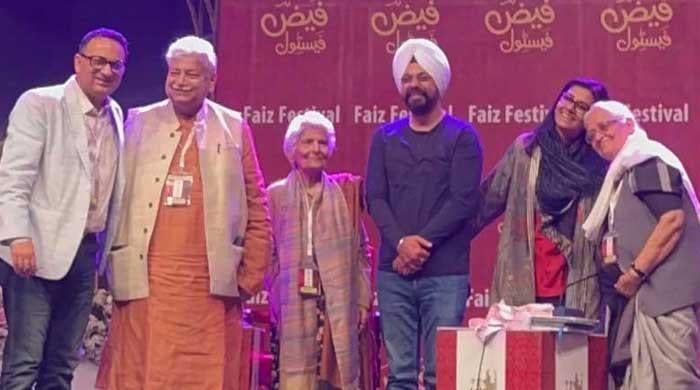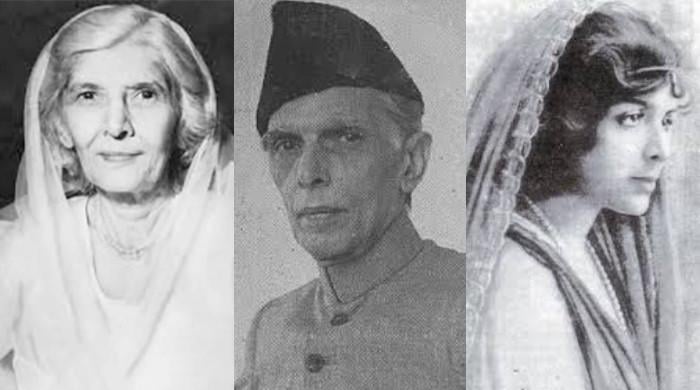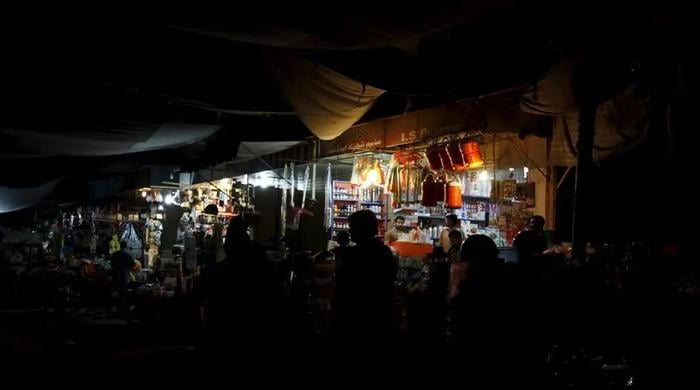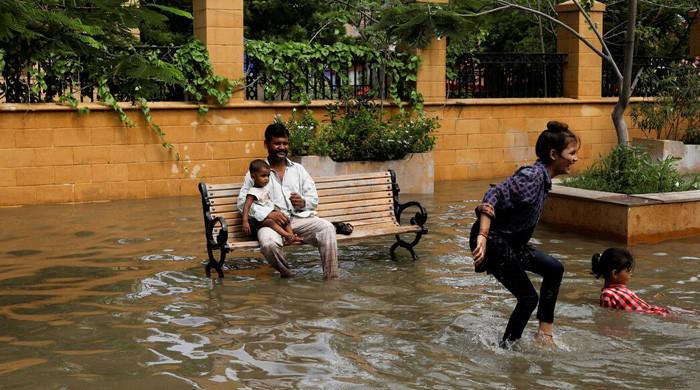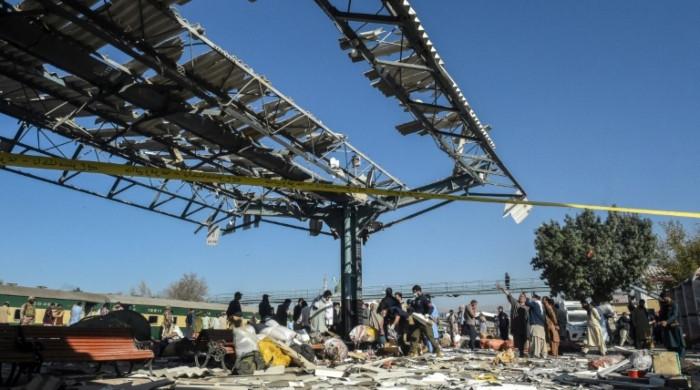Riyadh Economic Forum: The collective enthusiasm of Saudi nation
Forum discussions framed around 4 pivotal studies designed to address key economic and technological challenges
November 21, 2024

The recently concluded Riyadh Economic Forum (REF), held from November 18 to 20, 2024, at the Riyadh Hilton, was a powerful testament to Saudi Arabia’s commitment to transforming its economy and society under the ambitious Vision 2030.
Hosted under the patronage of Custodian of the Two Holy Mosques King Salman bin Abdulaziz Al Saud and Governor of Riyadh Region Prince Faisal bin Bandar bin Abdulaziz, the forum brought together government officials, business leaders, academics, and global economic experts to explore ways to turn the nation’s aspirations into tangible results.
From the very outset, the forum was imbued with a sense of optimism and resolve. "Smiles, studies, and success," as the forum’s official X handle @Riyadhef1 aptly put it, perfectly encapsulated the spirit of the event. The smiles weren’t just a reflection of optimism; they symbolised confidence in a future being meticulously shaped by the collective effort of the Saudi people.
The forum’s discussions were framed around four pivotal studies, each designed to address key economic and technological challenges facing the nation. These studies were conducted with the active involvement of both the public and private sectors, a reflection of the country’s inclusive approach to its development agenda. Each session was accompanied by engaging panel discussions, which were not only informative but also marked by the rare inclusion of ministers as moderators — a unique feature that demonstrated the level of commitment and leadership in the country.
One of the central themes of the forum was the future of industries, particularly in relation to artificial intelligence (AI) and industrial sustainability. In a session on “AI in Economic Development,” chaired by Dr Abdullah Al-Ghamdi, panelists discussed the transformative potential of AI across various sectors, from healthcare to education.
The Saudi government’s commitment to integrating AI into its economy was clear, particularly through investments in cutting-edge technologies like semiconductors and partnerships with global AI leaders such as OpenAI. Companies like NanoPalm, which is pioneering the use of AI in medical technologies like biorobots for anemia treatment, were highlighted as examples of how the nation is leveraging technology to address key social challenges.
The role of AI in Saudi Arabia’s economic future was also discussed in terms of its legislative framework, with an emphasis on balancing innovation with risk mitigation. AI expert Hashim’s impassioned talk to the youth about the benefits of AI was inspiring, urging them not to fear the technology but to harness it for their own success. His message of empowerment underscored the importance of preparing the next generation to thrive in an AI-driven world.
Equally impressive was the session on “Maximising Economic Returns from Natural Resources,” chaired by Minister of Industry and Minerals Al-Kharif. This session explored strategies for sustainable resource utilisation, emphasising the need for robust infrastructure and technological investments to optimise the extraction and processing of natural resources. What stood out was the focus on balancing economic growth with environmental sustainability, ensuring that the nation’s natural wealth can continue to support future generations.

Minister Al-Kharif’s approach was marked by humility and deep expertise, providing a clear example of effective leadership. His demeanor, combined with his strategic insights, left a lasting impression on how leaders should have relevant experience in the field they lead. This was a leader who not only understood the intricacies of his sector but also possessed the ability to communicate those insights in a way that inspired action and fostered collaboration.
As the forum drew to a close, 24 actionable recommendations were presented, all aimed at accelerating the realisation of Vision 2030. These recommendations touched on a wide range of areas, from attracting foreign direct investment into key sectors to promoting circular economy models, digital transformation, agricultural resilience, and the development of smart, sustainable urban infrastructure.
The sense of purpose and the clarity of vision displayed throughout the forum were truly remarkable. The Riyadh Economic Forum showcased not only the nation’s economic ambitions but also its ability to translate those ambitions into concrete plans for the future. All due o he commendable efforts of REF organisers The Riyadh Chamber of Commerce and its spectacular team effort.
Saudi Arabia is not just waiting for the future to unfold; it is actively shaping it with a forward-thinking approach that integrates technology, sustainability, and inclusivity. For anyone who hopes to see their country rise to new heights, the work being done in Saudi Arabia is a source of inspiration. The meticulous planning, the energy, and the collective determination of the Saudi people are paving the way for a brighter future. As the forum highlighted, Vision 2030 is not just a dream — it is a roadmap for the nation’s transformation, one that will position Saudi Arabia as a global leader in the industries of tomorrow.
The Riyadh Economic Forum left me with a profound sense of inspiration. The intellectual rigour and visionary approach displayed throughout the event were truly remarkable. It was impossible not to feel the weight of the ideas and initiatives being discussed, each one contributing to the realisation of Saudi Arabia's ambitious Vision 2030. As I reflect on the forum, I am filled with a deep appreciation. This monumental intellectual effort by the REF will undoubtedly serve as a guiding light for all who seek to learn from it, and I eagerly look forward to see the forum uncover Saudi not just an economic market but Saudi the civilisation.




